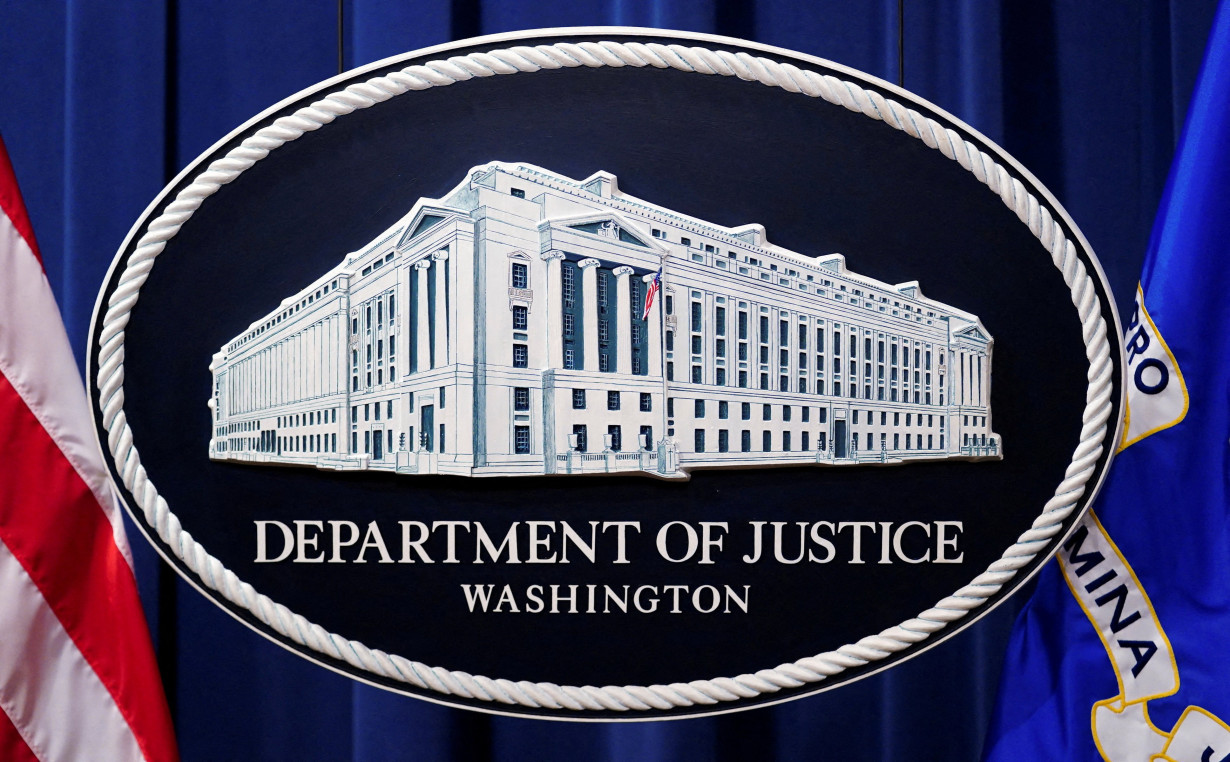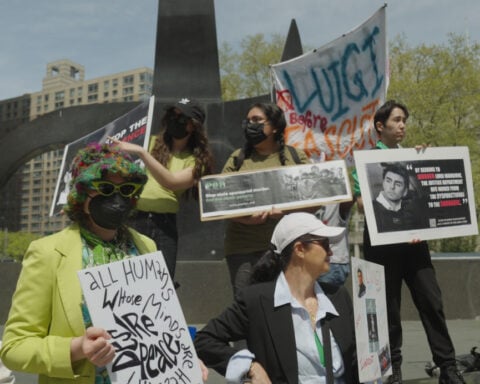By Chris Prentice and Sarah N. Lynch
NEW YORK (Reuters) -The U.S. Justice Department has paused corporate monitorships as part of an informal review into the practice of installing such firms to oversee companies that have resolved accusations of wrongdoing, according to two sources familiar with the matter.
The DOJ is in the process of reviewing a series of settlements in which firms have agreed to hire monitors in order to resolve government investigations into misconduct, according to the people, who spoke on condition of anonymity. The review started two weeks ago, one of the people said.
Monitorships, which involve appointing independent third parties to oversee a company's compliance with a settlement agreement and laws, are widely criticized by corporate America as costly and burdensome. Proponents say they are often necessary to ensure that wrongdoers fix issues.
The frequency of the government's use of corporate monitors as part of its settlements has tended to vary depending on Justice Department leadership. Republican President Donald Trump's first administration moved away from using them, but former President Joe Biden, a Democrat, reversed that policy in an effort to tackle corporate crime.
Under Biden, Boeing and cryptocurrency exchange Binance were among the firms that settled charges with the DOJ with agreements that included monitorships.
The department's new leaders are skeptical of such programs, according to one of the sources. Bloomberg earlier reported that the Justice Department was weighing whether to permanently disband some monitorships.
A third source with knowledge of the situation said firms have been pressing DOJ to get rid of their monitors.
A spokesperson for the Justice Department did not immediately respond to a request for comment.
Last month, a judge granted the Justice Department's request for an early end to the monitorship for Glencore, the energy giant that in 2022 agreed to pay more than $1 billion to settle foreign bribery and market manipulation charges.
(Reporting by Chris Prentice in New York and Sarah N. Lynch in WashingtonEditing by Matthew Lewis)

 Trump has begun another trade war. Here's a timeline of how we got here
Trump has begun another trade war. Here's a timeline of how we got here
 Canada's leader laments lost friendship with US in town that sheltered stranded Americans after 9/11
Canada's leader laments lost friendship with US in town that sheltered stranded Americans after 9/11
 Chinese EV giant BYD's fourth-quarter profit leaps 73%
Chinese EV giant BYD's fourth-quarter profit leaps 73%
 You're an American in another land? Prepare to talk about the why and how of Trump 2.0
You're an American in another land? Prepare to talk about the why and how of Trump 2.0
 Chalk talk: Star power, top teams and No. 5 seeds headline the women's March Madness Sweet 16
Chalk talk: Star power, top teams and No. 5 seeds headline the women's March Madness Sweet 16
 Purdue returns to Sweet 16 with 76-62 win over McNeese in March Madness
Purdue returns to Sweet 16 with 76-62 win over McNeese in March Madness








